
9 minute read
Improvements Driven by BC-Wide Professional Groups
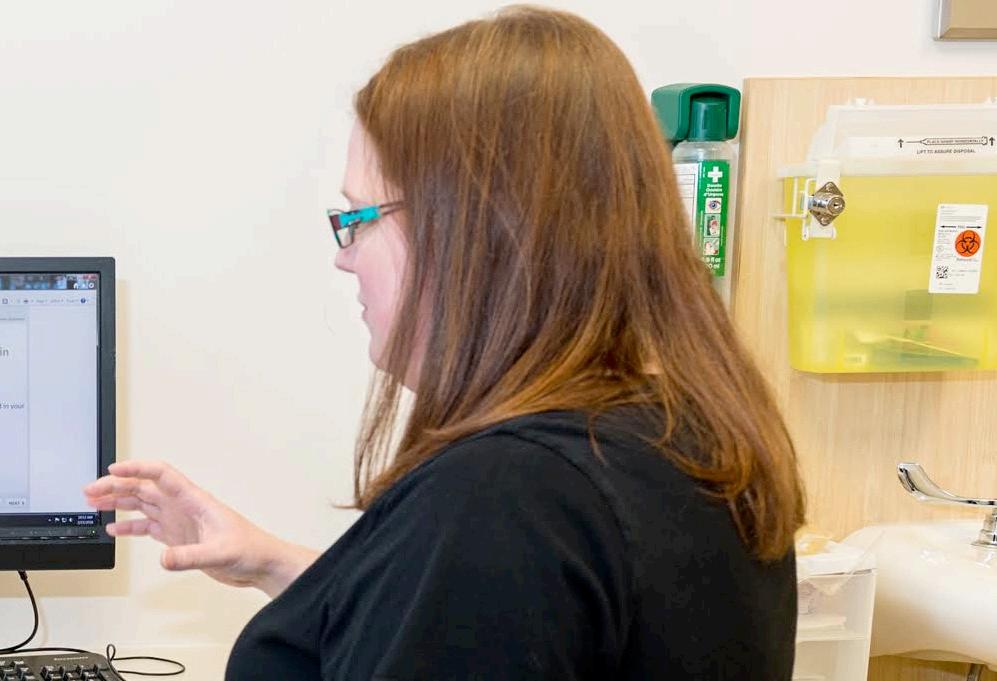
RENAL EDUCATORS GROUP (REG)
Advertisement
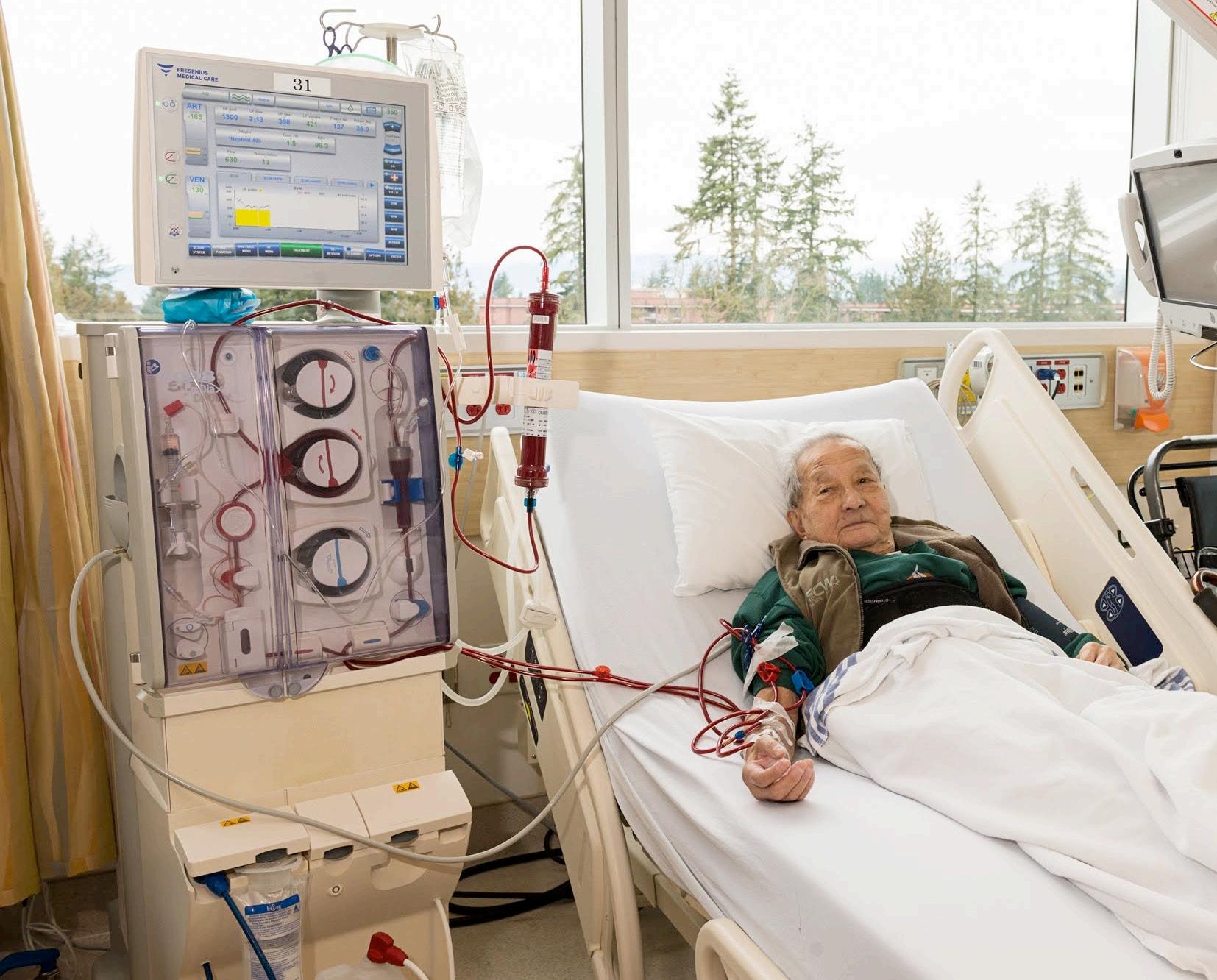
Web info & resources:
BCRenal.ca Health Professionals Clinical Resources Hemodialysis
Committee background:
Terms of Reference
Key Initiatives
Conducted a 12-session CNeph(C) study group with over 40 registered participants/potential CNeph(C) exam candidates
Participated in the development and vetting of various COVID-19-related documents
Participated in the review and refresh of various guidelines, including the ones for travelling patients, infection control, acuity assessment, etc.
Featured Accomplishment
Renal Educators Group completes guideline to address complications during hemodialysis treatment
The Renal Educators Group completed over two years of work on the development of an extensive guideline that provides practical recommendations to nursing staff in hemodialysis units across the province. The guideline lays the foundation for standardizing the management of complications during hemodialysis with a focus on the most common complications that can occur.
Structured to be a practical guide and a fast reference resource, the guideline introduces standard, visually distinct sections for each complication, and describes possible causes, signs and symptoms, and the nursing management algorithm for each. Some of the common complications described in the guideline include the following:
• intradialytic cardiac arrest • anaphylaxis • air in the bloodline
• nausea and vomiting • vascular access complications such as arterial or venous needle dislodgement • acute vascular access rupture • infiltrated needle while on dialysis The guideline is now available on the BC Renal website and was presented to the BC Renal community during BC Kidney Week in November 2021.
“This guideline is a very important and long-awaited document and tool. Reducing the variation in practice and standardizing the way our nursing staff across the province deal with common complications during hemodialysis will have a positive effect on patient outcomes and experience, and will also boost the confidence of care providers faced with such situations.”
-Moses Arcedo Chair, Renal Educators Group

Home Hemodialysis Educators (HHDE) Group
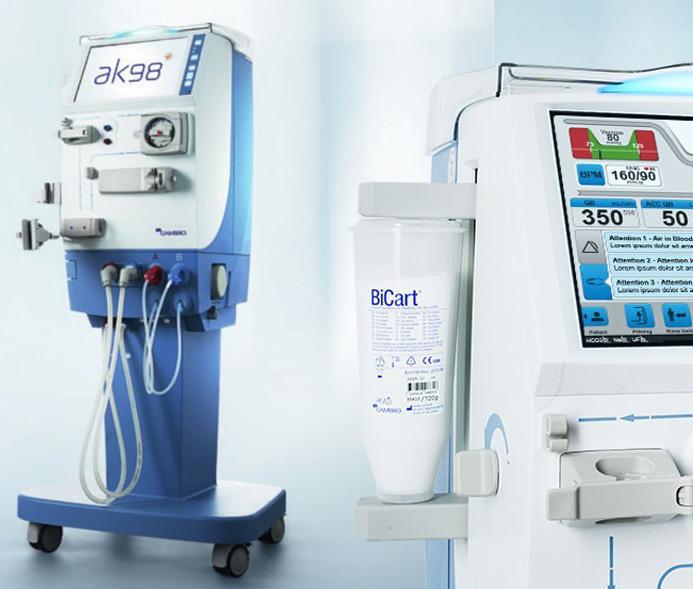
Web info & resources:
BCRenal.ca Health Professionals Clinical Resources Home Hemodialysis
Committee background:
Terms of Reference “I will NEVER take having the machine at home for granted…EVER! I have so much appreciation for the program and work you do to give patients like me some sense of normalcy, flexibility and confidence when life throws us a curve ball and our health is out of our control. I am a huge advocate for this program and would be happy to do whatever I can to give back.”
- Patient, Fraser Health
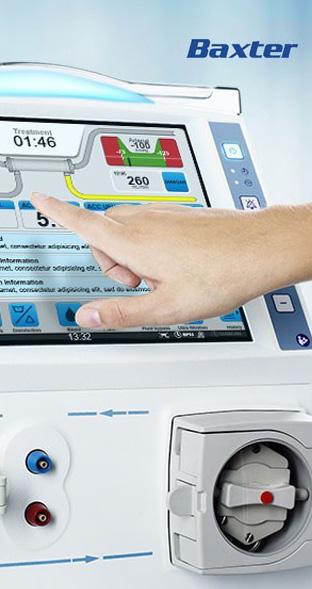
“2021 was another year of resilience displayed by all of the regional health authority Home Hemodialysis programs, BC Renal and our vendors. It takes a village so they say, and I am very proud to be part of this village. Looking forward to a stronger and brighter 2022.”
Featured Accomplishment
Home hemodialysis nurse mentorship program developed to help prepare the new generation of nurses
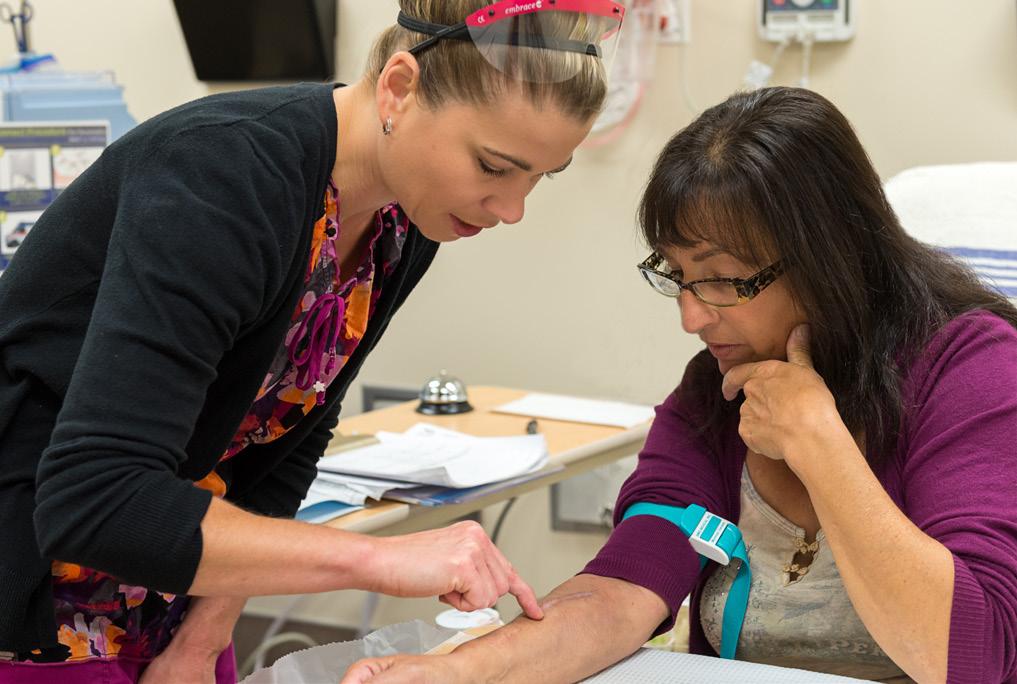
The Home Hemodialysis Educators Group has developed a mentorship program to support the transition of new home hemodialysis nurses. This work engages both new and experienced staff to share knowledge and offer practical solutions to common home hemodialysis challenges.
To further encourage leadership within the group, all members rotate and share the chair role, which helps provide a sense of belonging and inclusiveness.
Other Key Initiatives
Home renovation coordination process evaluated
New Baxter AK98 machine rolled out
PD Nurses Group
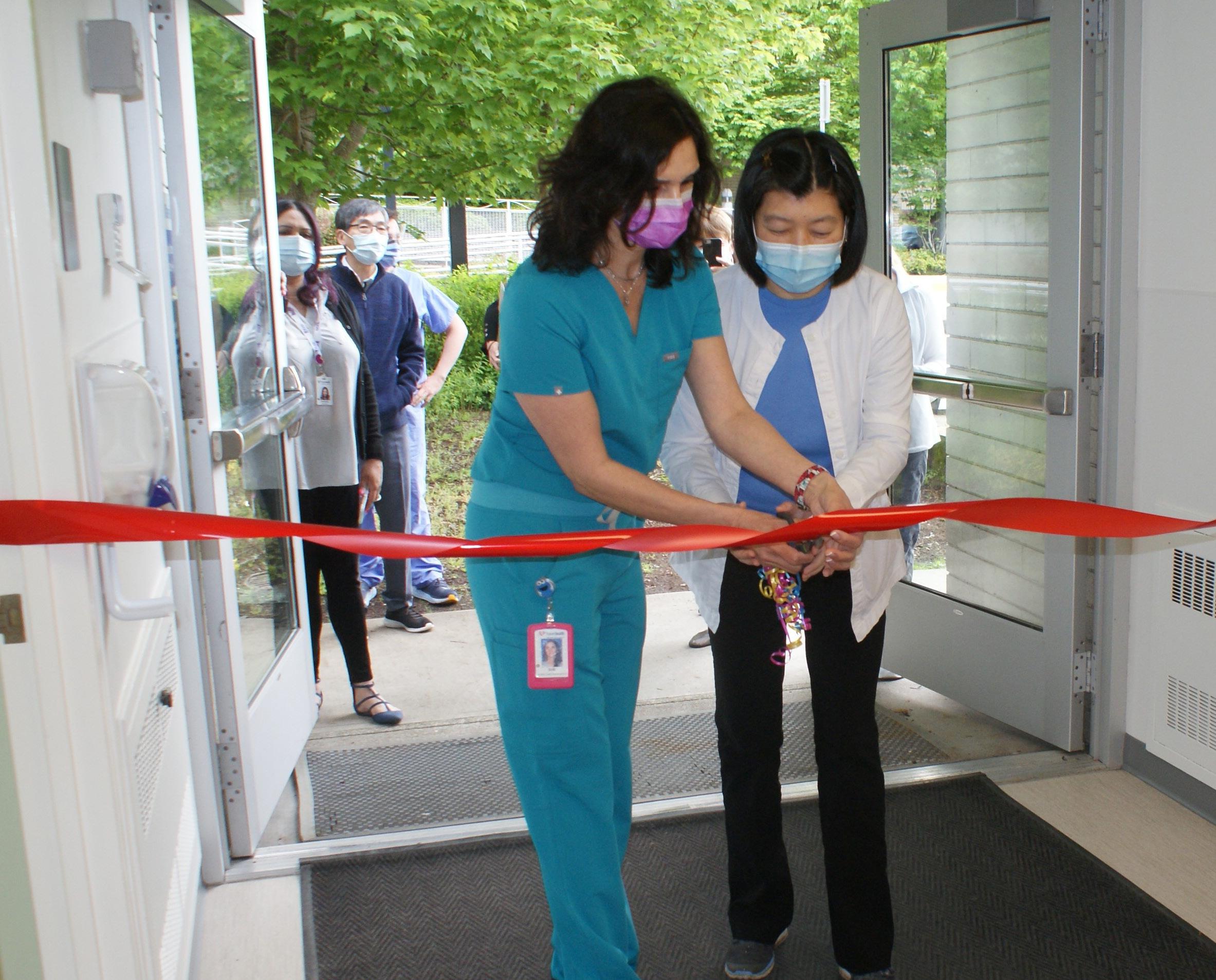
Web info & resources:
BCRenal.ca Health Professionals Clinical Resources Peritoneal Dialysis
Committee background:
Terms of Reference
Surrey Memorial Hospital PD program inauguration, May 2021
Key Initiatives
Redesigned PD RN meetings to promote opportunities for peer-to-peer networking with a focus on clinical practice and outcomes
Developed the training and implementation process to expand the scope of practice of the PD Assist caregiver to include the Baxter AMIA cycler machine
Developed new standardized PD procedures and reviewed existing procedures to support clinical practice in BC
Featured Accomplishment
Resources for rural and remote populations implemented to better support community facilities providing care for PD patients across BC
To better support peritoneal dialysis patients living in rural and remote areas, BC Renal, in collaboration with health authority partners and patients, developed the following:
• comprehensive modules consisting of basic principles of PD • clinical care paths for managing PD complications • PD procedures videos Following extensive consultations, pilot testing and evaluation, these resources provide standardized step-by-step information to support health care clinicians caring for PD patients in rural and remote community facilities. Introduction and implementation of the resources was provided over the past year using a virtual approach to more than 15 community sites in Northern Health. Webinars are currently scheduled for other health authorities across the province. “I had the opportunity to collaborate with BC Renal and PD clinicians to develop useful, supportive resources for our rural and remote patients. We were able to connect with many nurses and educators in small communities in Northern Health to offer PD education by webinar. Building these connections, providing support as they care for PD patients and seeing increased confidence to do PD procedures was rewarding.”
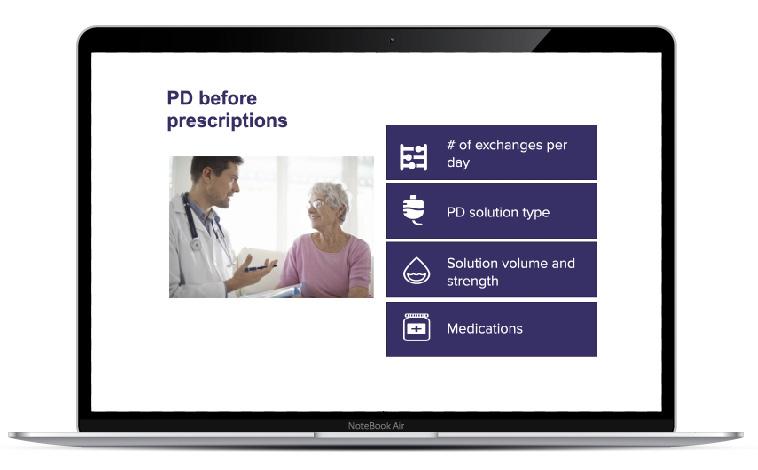
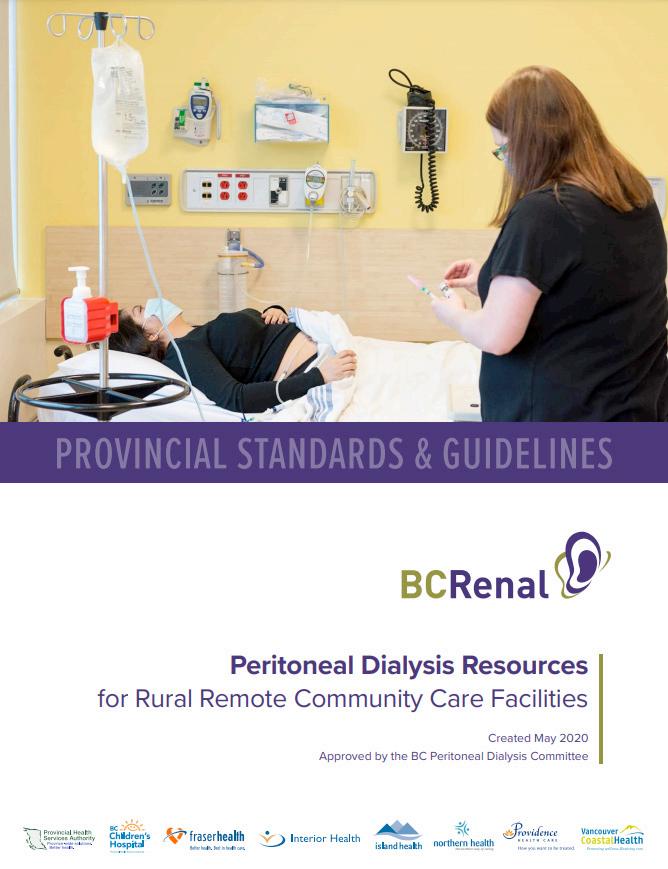
- Karen Walkey, Patient Care Coordinator, UHNBC Peritoneal Dialysis Clinic
Hemodialysis Technical Group
HD Technical Group, in collaboration with PHSA Supply Chain, completes water systems vendor selection
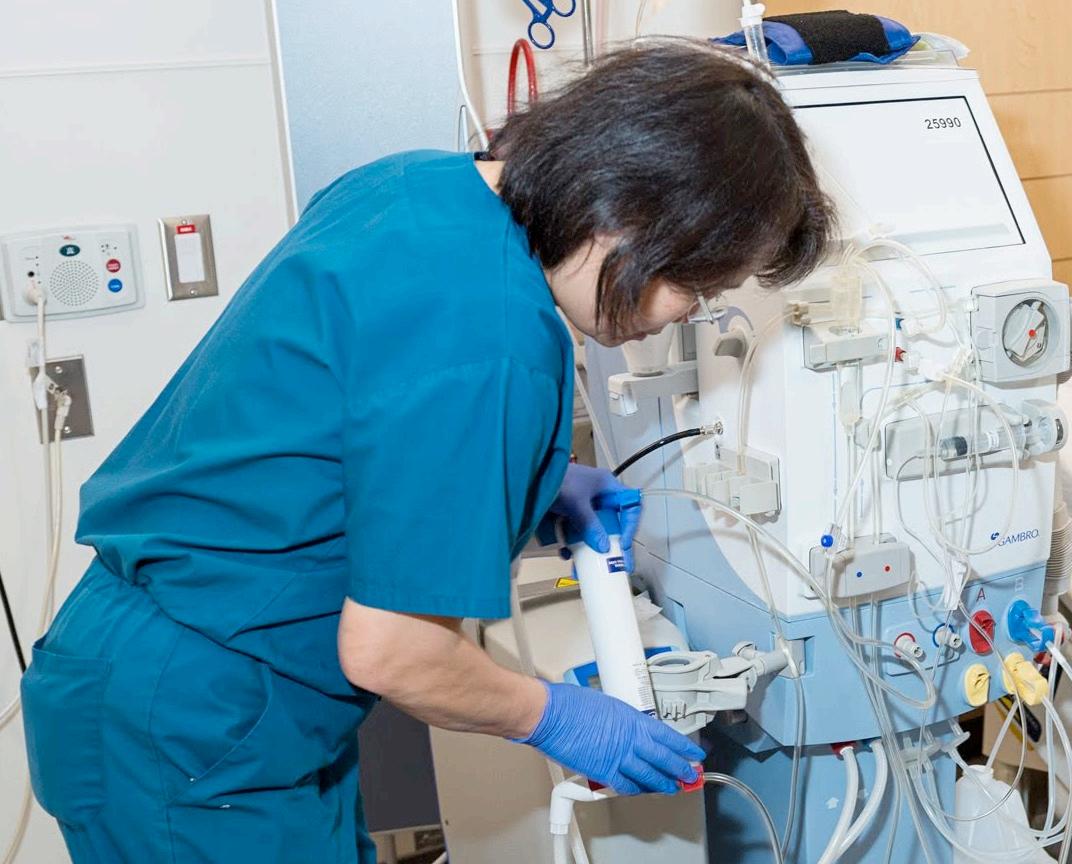
Featured Accomplishment
The delivery of hemodialysis therapy depends on having a reliable, large-scale supply of purified water that is used during treatments. This supply of high-purity water is usually obtained through the use of industrial-grade reverse osmosis systems, which are installed in all hemodialysis units across British Columbia.
As the contracts to supply and maintain these systems to BC hemodialysis units were expiring, the HD Technical Group and PHSA Supply Chain undertook an extensive effort to find new vendors and consolidate all systems sales and maintenance across all health authorities under the same set of contracts with similar terms.
As part of this process, a comprehensive Request for Proposal was designed and launched. Expressions of Interest were collected from the vendors
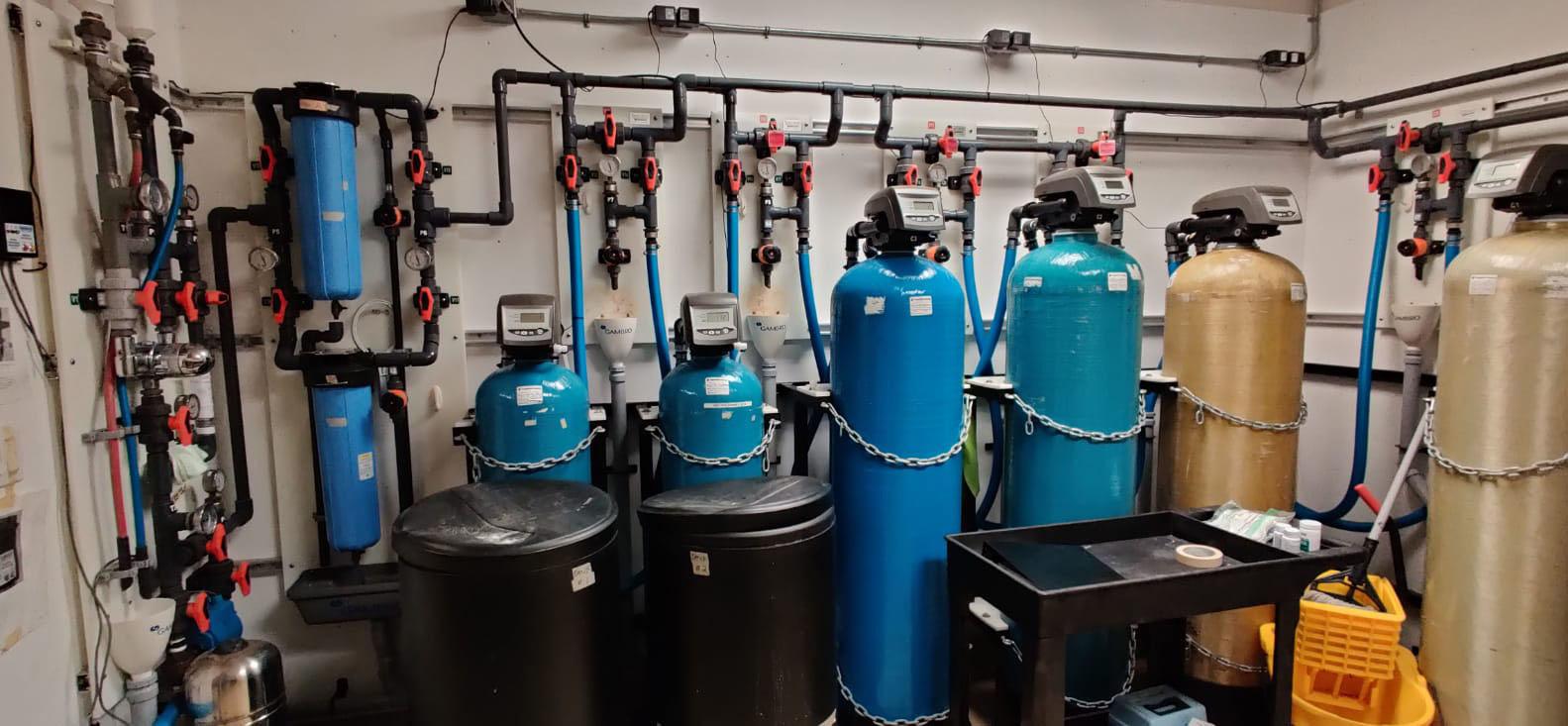
and thoroughly reviewed and scored by HD Technical Group and PHSA Supply Chain experts against predetermined criteria. Shortlisted vendors were asked to deliver a round of presentations and demonstrations/Q&A sessions. Finally, complex contract negotiations took place, culminating in the selection of Canadian Water Technologies Ltd. and Baxter Corporation as the providers of non-portable reverse osmosis systems and maintenance services to the provincial renal network.
The new provincial agreements introduce a set of standard processes and key performance indicators (KPIs) that will help to reduce or eliminate variation in service across the province. A robust and ongoing mechanism for the review of contractually mandated KPIs and a process of quarterly business reviews with the vendors have also been established.
Key Initiatives
Provided technical expertise and guidance during the HD machine Request for Proposal design and vendor response evaluation process
Initiated discussions on standardizing the design of acidresistant drains and piping for provincial dialysis units “Consolidating all reverse osmosis procurement and maintenance for the province will allow the renal network to be more cost-efficient. What’s equally important is that this consolidation will facilitate the implementation of standard processes, response times, performance indicators and communication channels for all HD programs across BC, which will ultimately benefit patients and help biomedical engineers and technicians provide better service.”
- Jennifer McGill, Chair, HD Technical Group
Web info & resources:
BCRenal.ca Health Professionals Clinical Resources Hemodialysis
Committee background:
Terms of Reference
Renal Dietitians Practice Group

Web info & resources:
BCRenal.ca Health Info Managing My Care Diet
Committee background:
Terms of Reference “Collaborating with other committees, organizations and professionals on the Nutritional Supplement Policy was very rewarding. It provided an extremely positive and invaluable learning opportunity. We are aligning, and this ‘one voice’ is helping patients receive consistent and trusted nutrition information.”

- Dani Renouf, Co-Chair, Renal Dietitians Practice Group
Featured Accomplishment
Nutritional supplement program expanded
In 2021, the Renal Dietitians Practice Group was able to expand the nutritional supplement program to include kidney transplant recipients. This was achieved using data from a nutrition research collaboration among nephrologists, pharmacists, statisticians and dietitians. The group also updated the related nutritional supplement policy.
Other Key Initiatives
Expanded nutrition handouts in multiple languages on the BC Renal Diet web page and participated in research projects to help patients access better nutrition and physical activity programs
Formed new working groups to address metrics in nutrition assessments and to standardize nutrition practice province-wide
Had prominent Australian psychologist and author, Glenn Mackintosh, as a workshop guest during BC Kidney Week to support members in clarifying and connecting with personal values, setting boundaries and managing expectations in supporting patients' behaviour change

Nutritional Supplement Policy Updated July 2021
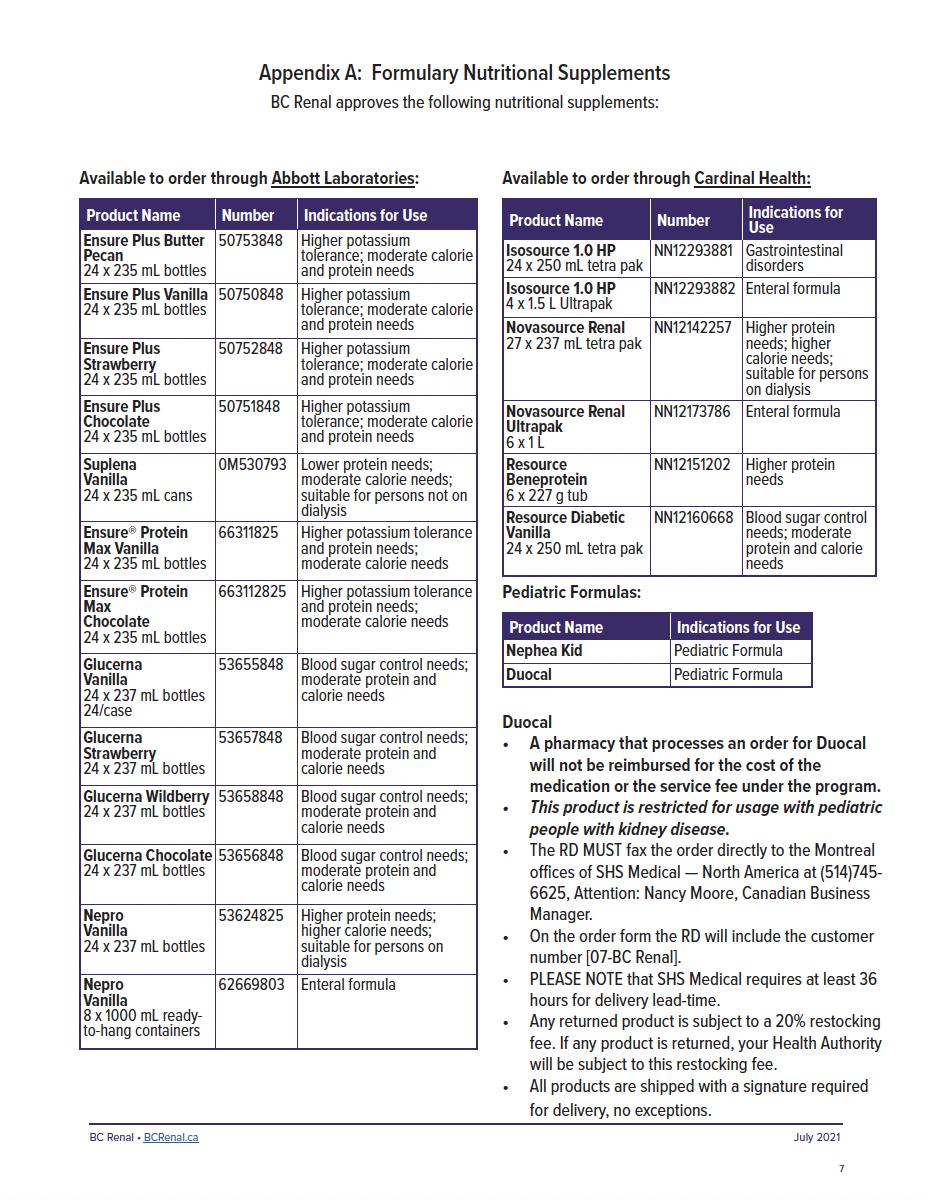
Developed by the BC Renal Pharmacy and Formulary Committee and the BC Renal Dietitians Group
the northern way of caring i

Social Workers Professional Practice Council
Web info & resources:
BCRenal.caHealth Professionals Clinical ResourcesSocial Worker Support
Committee background:
Terms of Reference
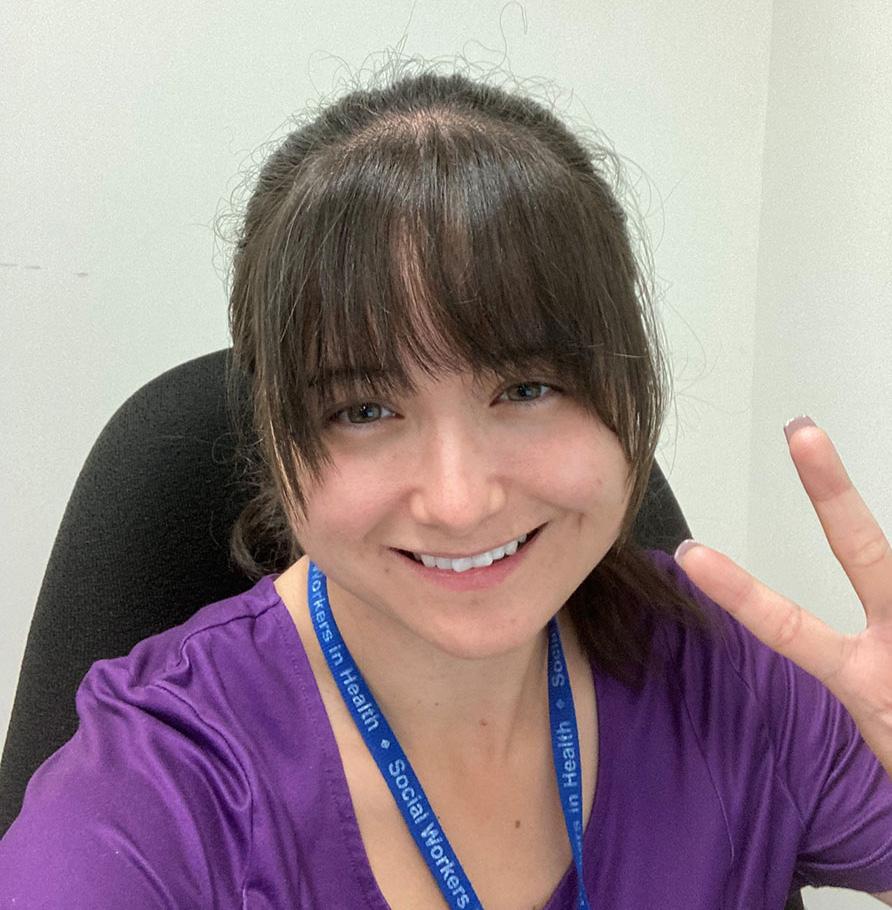
Co-chair Kristie Nagata (pictured) was joined by new co-chair Karla Ramsay in June 2021
Featured Accomplishment
Renal social workers group reconvenes to continue work of advocating for and supporting kidney patients despite the pandemic
During the first several months of 2021, because of the demands of the pandemic, projects of the Social Workers Practice Council were on hold. However, a new team of co-chairs began working together in June to help guide collective efforts moving forward (with new co-chair Karla Ramsay stepping up to join long-serving co-chair Kristie Nagata).
The social workers group reconvened and resumed its role of addressing challenges and inequities within our societal and medical systems. This included a vibrant focus on advocacy for kidney patients with the goal of supporting the wellbeing of all.
One of the projects the group has been discussing is how to reduce barriers (including social, geographical and financial) that some patients face in accessing kidney transplantation – the gold standard of treatment for those medically eligible. The group plans to explore this further and find ways to overcome these barriers for the best health outcomes for all.
The Social Workers Practice Council has also continued to put a high priority on clinical support, collaboration and professional excellence.
“BC social workers in health care were acknowledged in 2021 with a Canadian Association of Social Workers Distinguished Service Award. In presenting the award, the BC Association of Social Workers recognized that this group is:
‘...at the frontlines of the struggle to contain the pandemic. In their many roles, we know that they are working hard to ensure that individuals, families, and communities have the resources they need to manage and that they are providing comfort to critically ill patients and their families.’
BC social workers in kidney care were honoured to be among the broader group recognized for our work that has been extra challenging during the pandemic.”
- Karla Ramsay, Co-Chair, Social Workers Professional Practice Council








